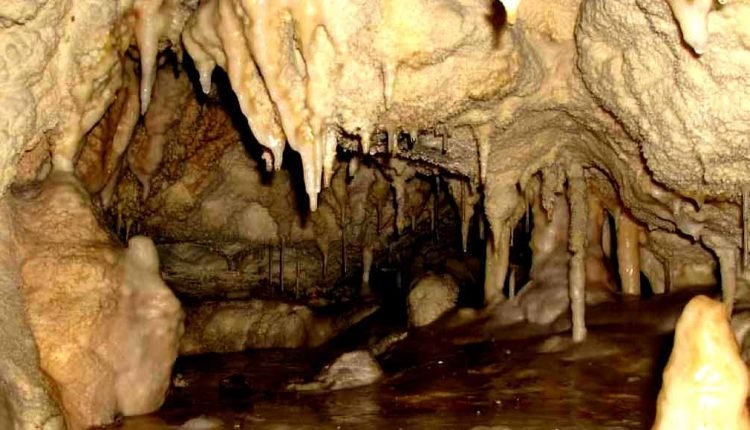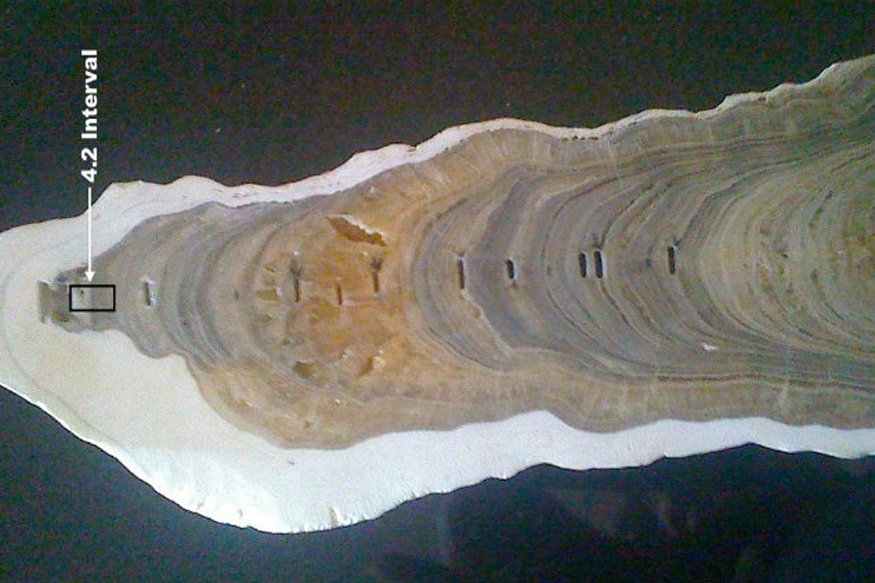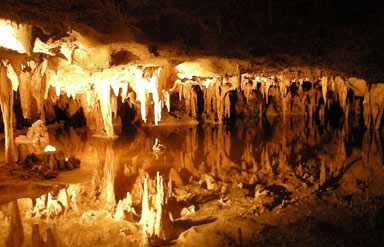Move over the Paleolithic and Neolithic ages. They are now a matter of the ‘past’, pun intended. A new era has been ushered into the Earth’s history. And it is based on the rocks of Meghalaya.
This new chapter in the Earth’s geology is said to have begun some 4200 years ago, and is being called the “Meghalayan Age” by geologists.

According to reports, geologists believe that the onset of this period was marked by a mega global drought that devastated several ancient civilizations from Egypt to China.
The International Commission on Stratigraphy, announced this new time and it will now appear on all geological charts depicting Earth’s geological past.
Since the end of the Ice Age, we have been living in the Holocene Epoch which reflects everything that has happened over the past 11,700 years.
And the Late Holocene Meghalayan Age is the most recent section of this period.

Earth’s existence of 4.6 billion years is divided into distinct periods of time. Each period corresponds to significant happenings-breakup of continents, dramatic shifts in climate, and even the emergence of particular types of animals and plant life.
To help us understand the geological scale in a better way, the International Union of Geological Sciences shared a chart with the latest additions to it.
The latest version of the International Chronostratigraphic Chart/Geologic Time Scale is now available! New #Holocene subdivisions: #Greenlandian (11,700 yr b2k)#Northgrippian (8326 yr b2k)#Meghalayan (4200 yr before 1950) https://t.co/IhvZHfHnWh#ChronostratigraphicChart208 pic.twitter.com/8Pf9Dnct7h
— IUGS (@theIUGS) July 13, 2018
The new classification came about after stalagmites on the floors of caves in the northeastern Indian state of Meghalaya were discovered that helped define the climatic events 4200 years ago.

The concept was first proposed seven years ago due to specific chemical signatures found in stalactites and stalagmites.
Two other ages have also been approved by the Commission. They are the Middle Holocene Northgrippian Age and the Early Holocene Greenlandian Age about 8,300 years and 11,700 years ago respectively.

















